Viktor Orban began by stating that this year's speech marks the end of the current governmental cycle, while - according to his plans - next year's will open the new one. In his view, the first major political event on the horizon is the general election in 2026. – "According to our internal polls, we would win 80 out of 106 individual constituencies. That's a decisive majority, but I'm not satisfied with it. I ask that you not be, either," he said. PM Orban also emphasized that every Hungarian election carries the greatest risk for Hungarians living beyond the country's borders.
Mr. Orban said.
There are always two fates to choose between. The Hungarian opposition, directed from Brussels, revealed its creed when they came to Oradea and simply said, 'Romanian land.' Those with ears to hear know what that means. We represent the opposite. We say that states have borders, but nations do not. That's why you can always count on the national government. We stand up for Hungarians, and we will fight for you, too. I only ask that you also stand up for your own future,
– Hungary's prime minister said.
Hungary–Romania Relations
Mr. Orban identified neighborhood policy as the second topical issue. He noted that he had met with the Romanian prime minister the day before — his 24th Romanian counterpart. However, in his view, the stability of that country’s political system is ensured by the Romanian President. He said he had met a heavyweight Romanian patriot who will fight for Romania’s national interests — but also wants joint Hungary–Romania successes. Thus, there is a chance for good cooperation, if Romania can overcome its difficult economic situation.
A Clear Message to Show Business: Money Must Not Come First!
The third major issue, Mr. Orban said, was a recent domestic controversy over Hungary banning a rock band that promotes anti-Semitism and glorifies terrorism. “It’s important to say that Hungary is an island of freedom and peace in a turbulent world. No one here may be harassed for their origin or religion – not even verbally. The organizers should have known better than to invite such a band and put Hungary in that position,” he said.
There is a disturbing trend in Hungary’s show business scene: one performer calls people he dislikes vermins, another mimes shooting the prime minister onstage, and a third invites an antisemitic, terror-glorifying band. I understand that everyone needs to make money, but money should never be that important,
– he emphasized.
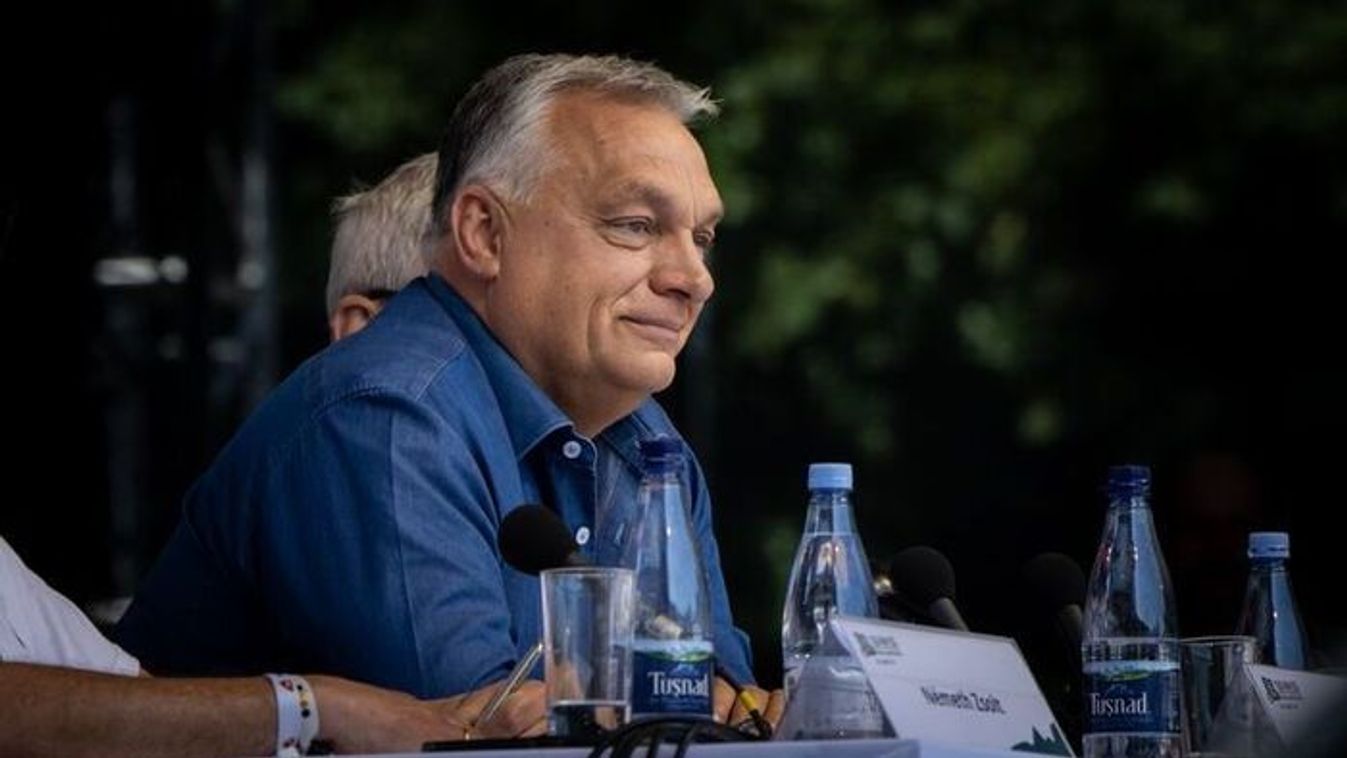
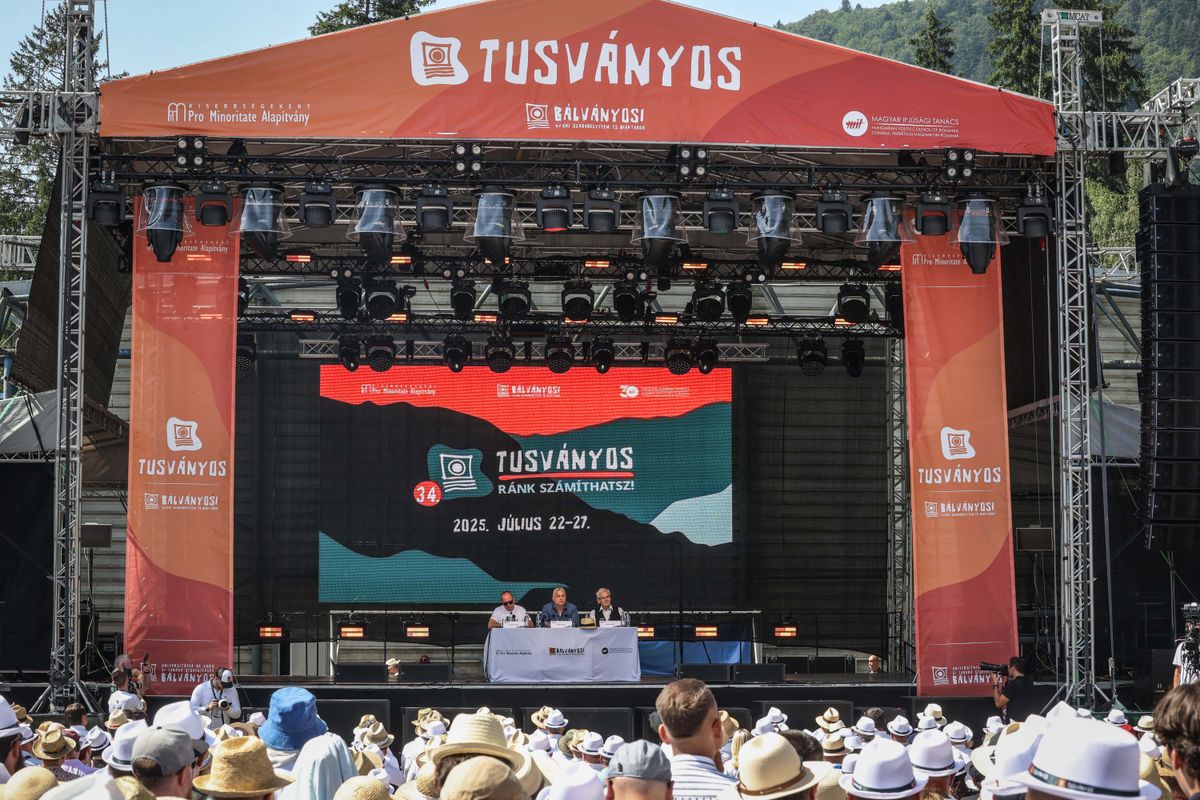
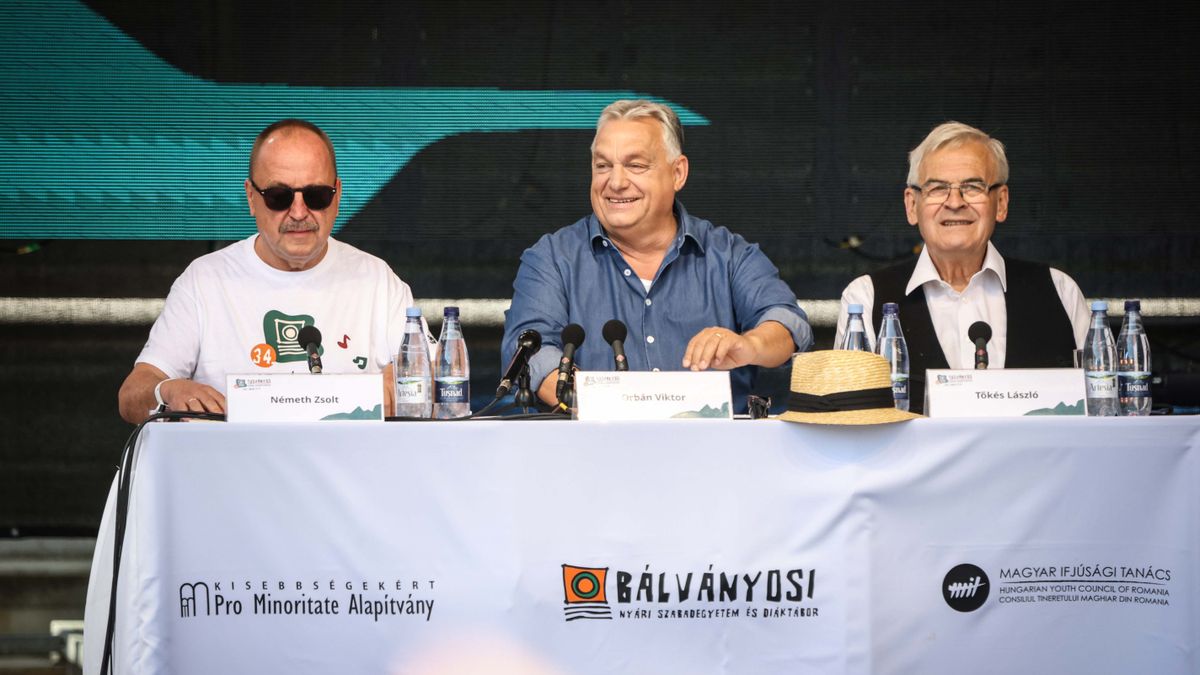
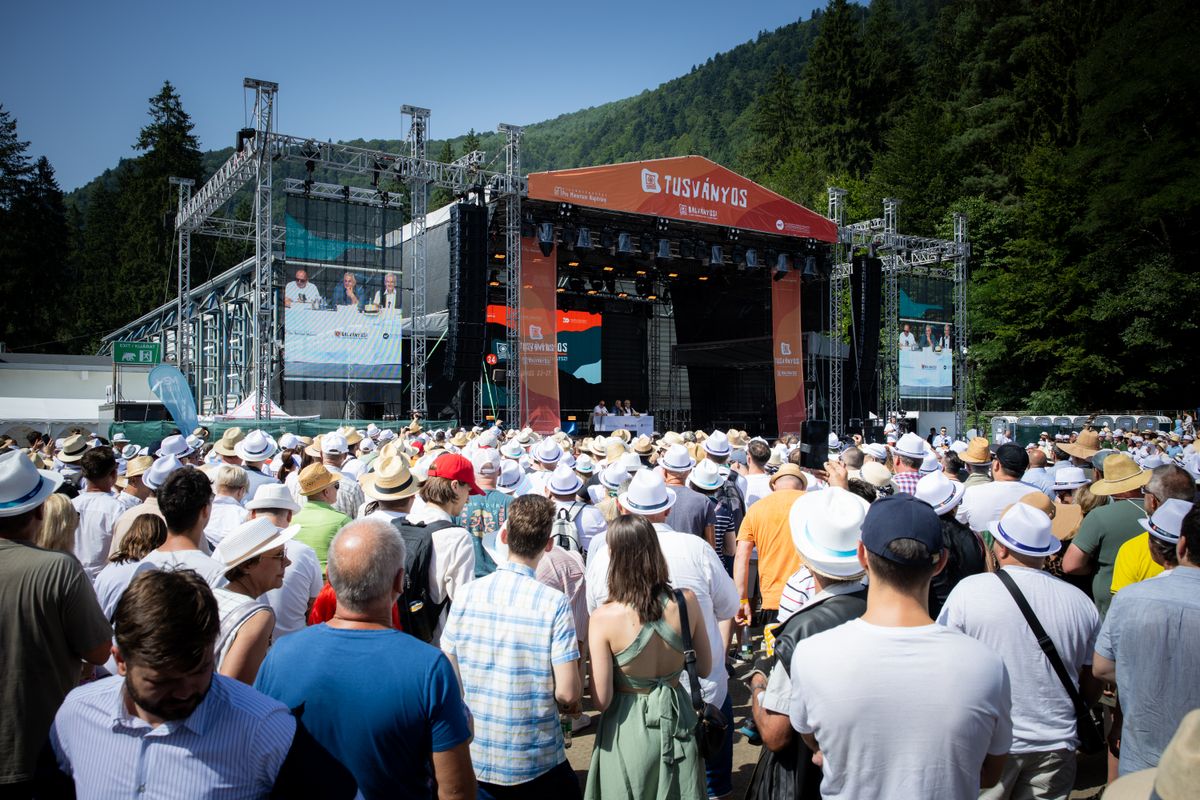
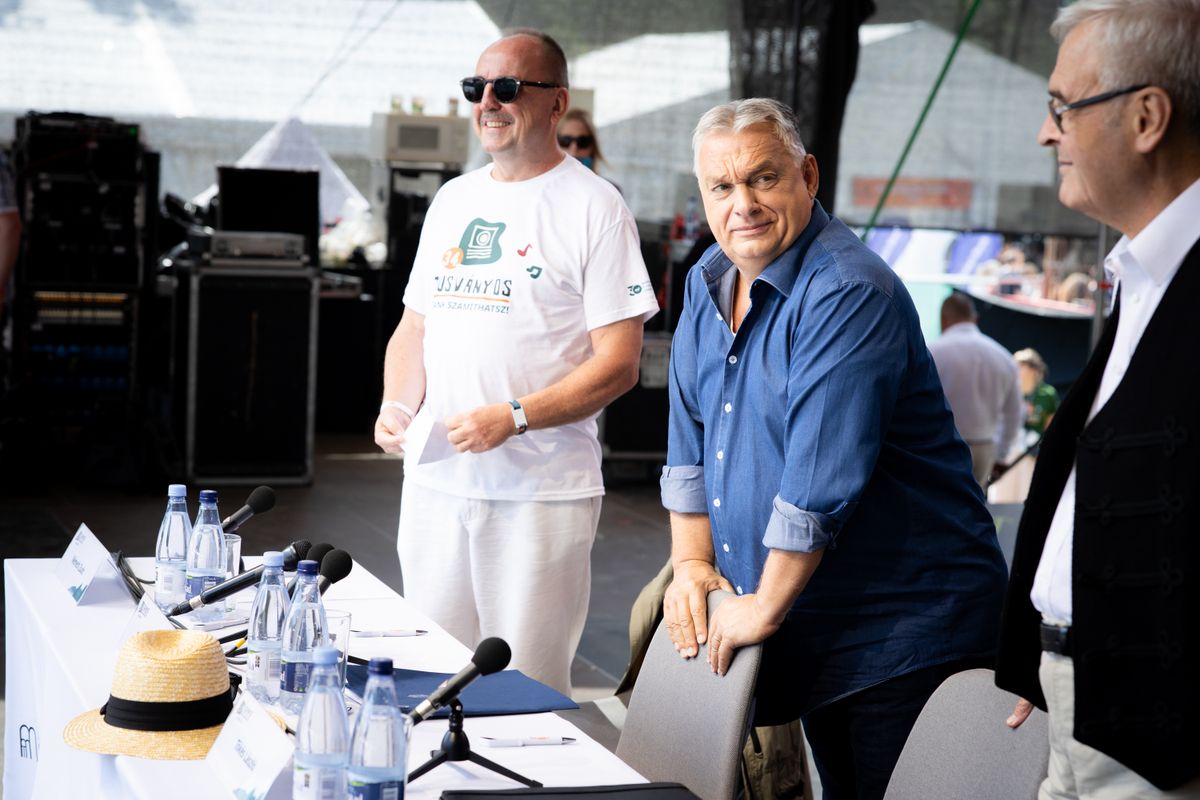



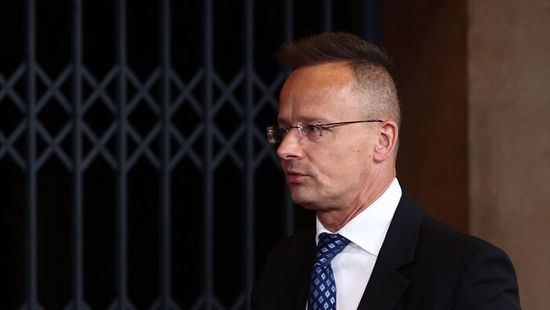

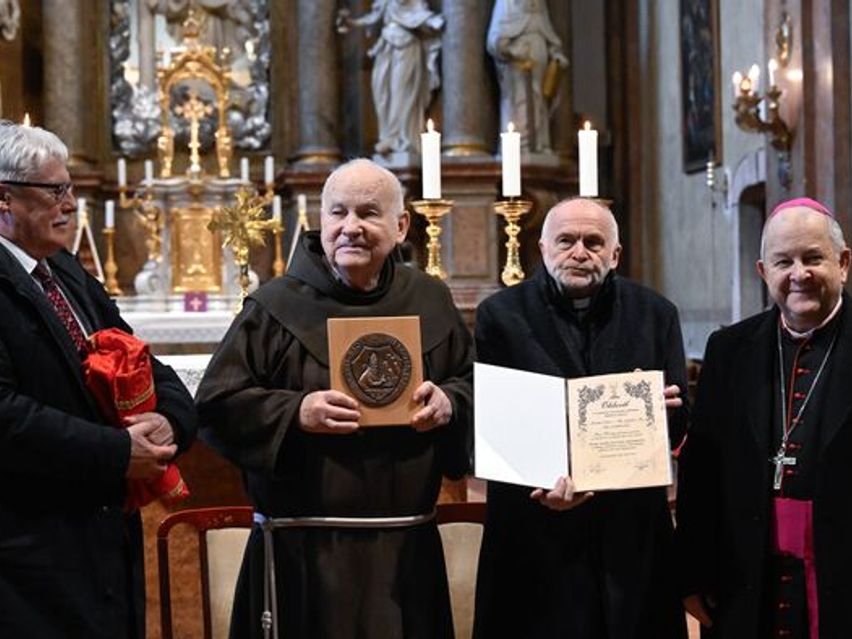

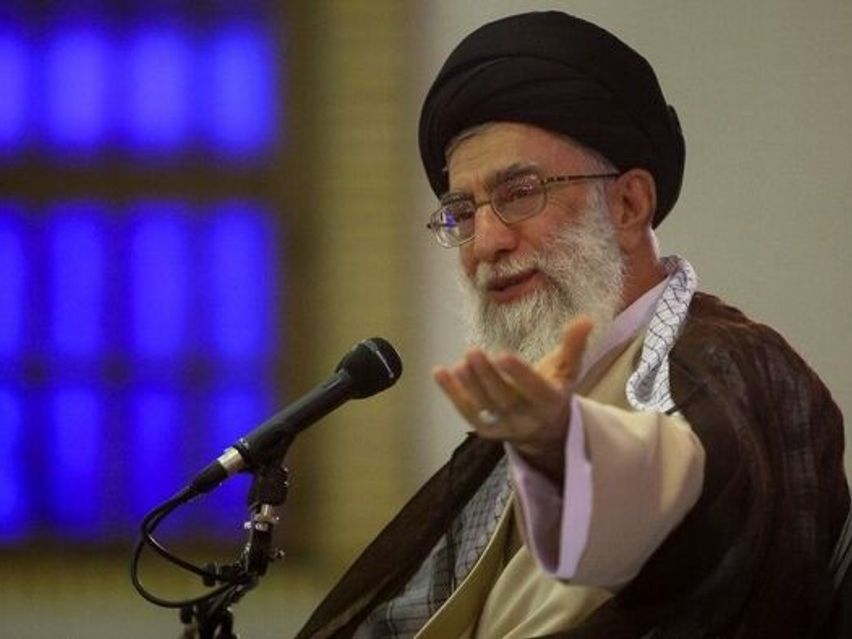


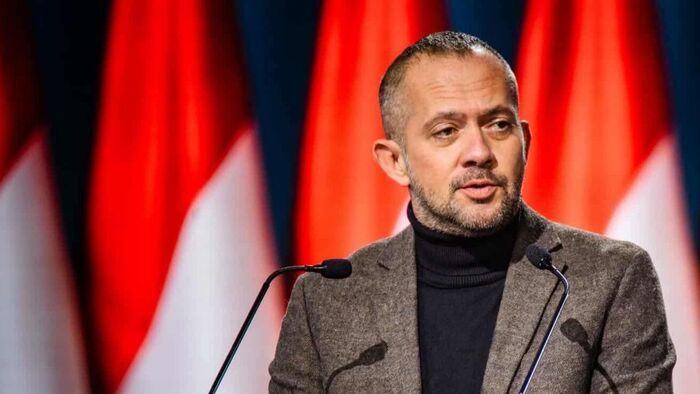

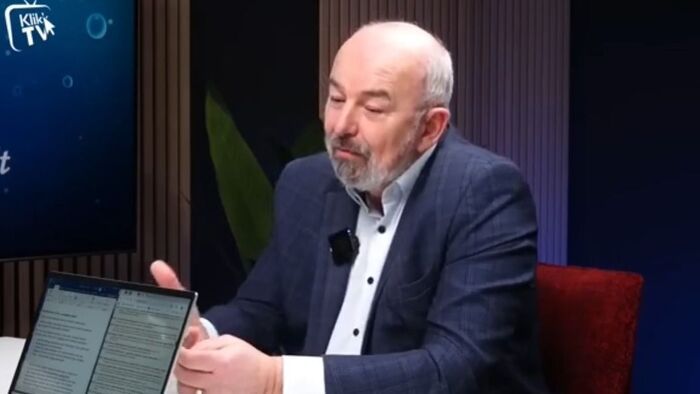
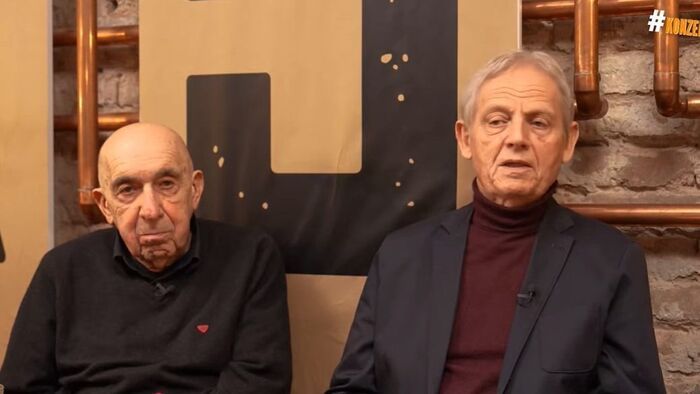

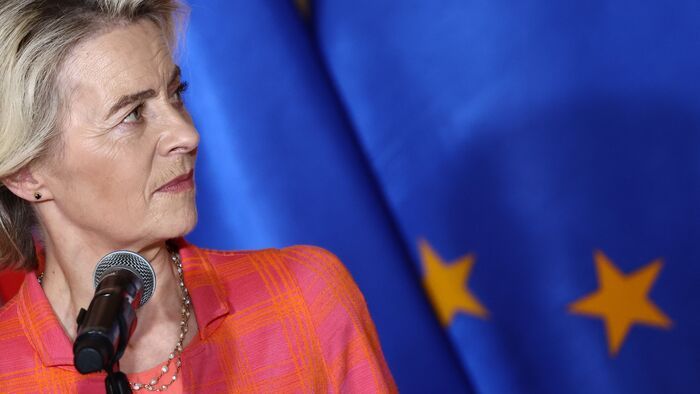
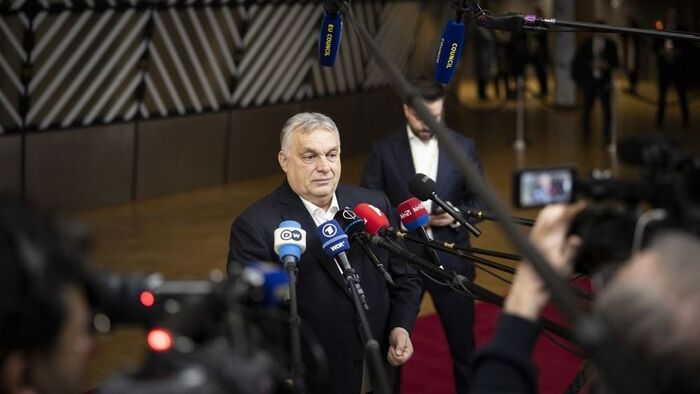

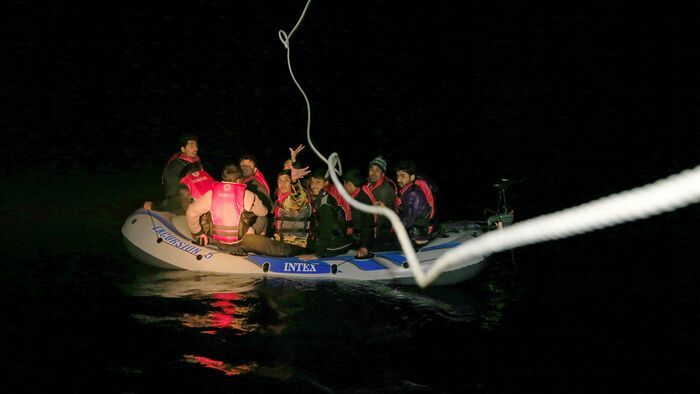

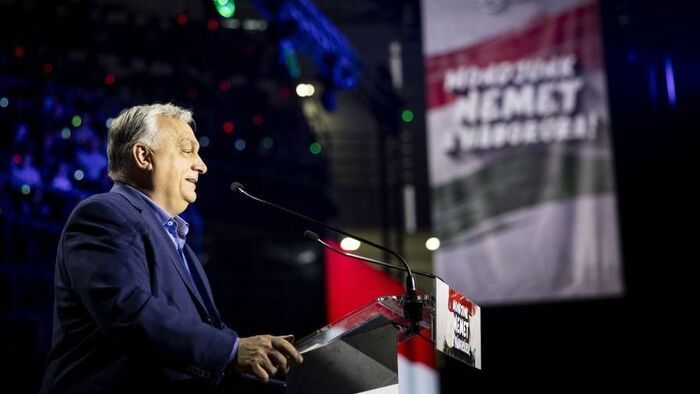

Szóljon hozzá!
Jelenleg csak a hozzászólások egy kis részét látja. Hozzászóláshoz és a további kommentek megtekintéséhez lépjen be, vagy regisztráljon!